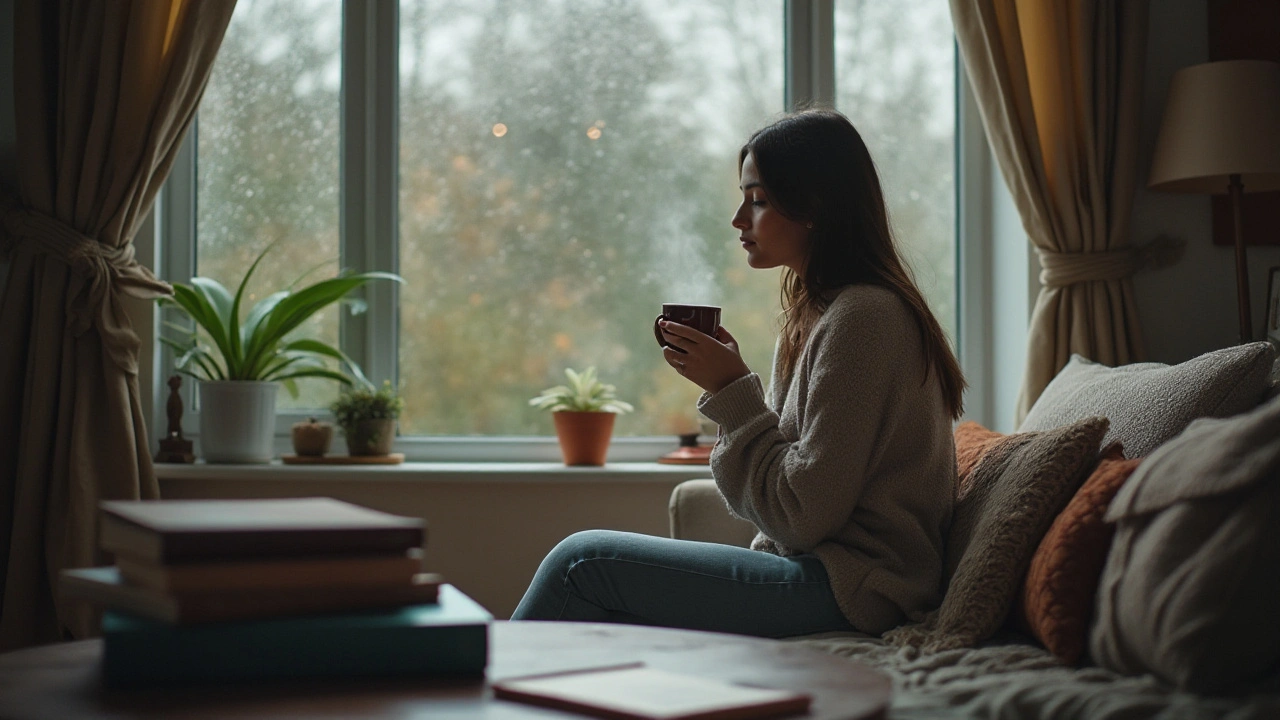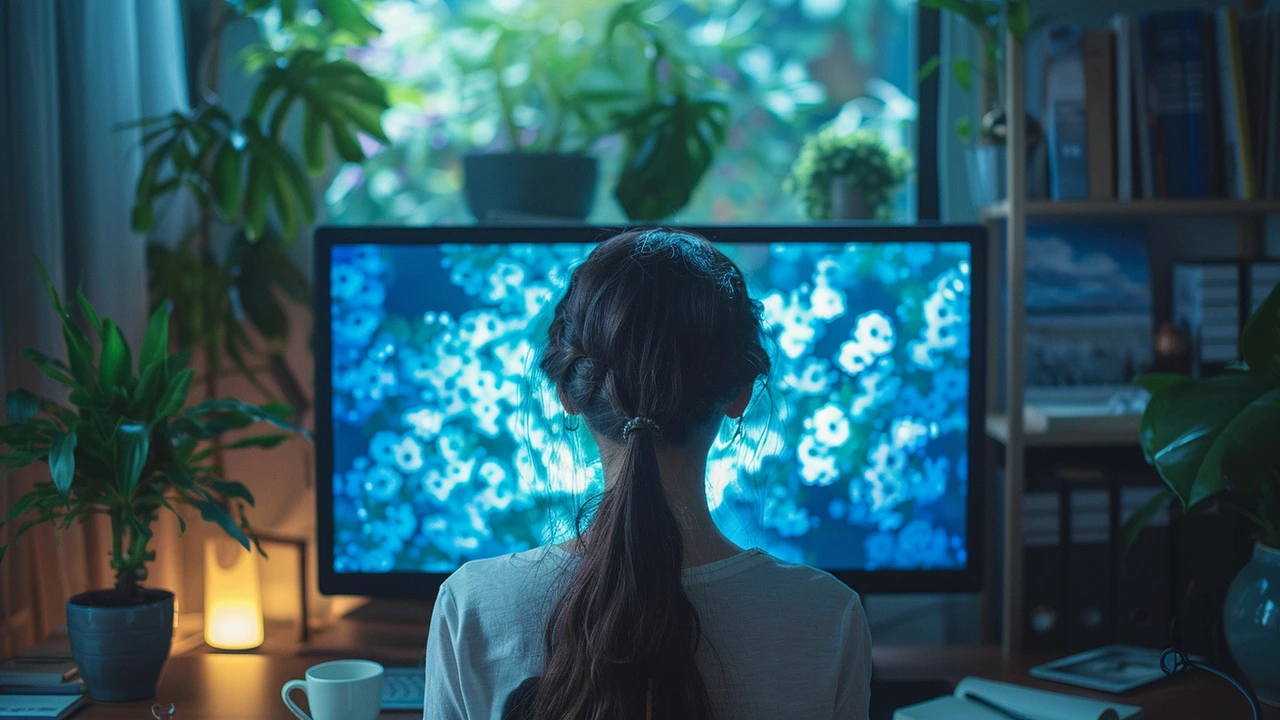Coping strategies that actually work — quick tools and daily habits
Stress hits everyone. The question isn’t whether you’ll feel it, but how you handle it. These coping strategies are short, practical, and usable right now — no gimmicks, just things you can try today to feel calmer and more in control.
Quick tools you can use in minutes
Box breathing: inhale for 4 seconds, hold 4, exhale 4, hold 4. Repeat 4 times. It slows your heart rate and clears foggy thinking fast. Try this when you feel your chest tighten or your thoughts race.
Grounding (5-4-3-2-1): name 5 things you see, 4 you can touch, 3 you hear, 2 you smell, 1 you taste or imagine. This pulls your attention out of panic and into the present.
Progressive muscle relaxation: tense a muscle group for 5 seconds, then release. Move from toes to head. You’ll notice tension drop and sleep often follows easier after this.
Aromatherapy mini-kit: keep one relaxing oil (lavender) and one energizing oil (peppermint) in a small roller. A quick sniff or a dab on wrists can reduce nausea, tension, or travel stress on the spot.
Daily habits that build real resilience
Short, consistent practices win over big, rare efforts. Ten minutes of mindfulness or meditation a day improves focus and reduces reactivity. If sitting feels hard, try a 5-minute guided breath or a walking-mindfulness loop.
Move in ways you enjoy. A 20–30 minute walk, a short home workout, or a sports massage after heavy training helps your body process stress hormones and sleep better. Exercise doesn’t have to be intense to help.
Fuel and sleep matter. A steady breakfast and balanced snacks keep blood sugar steady, which calms mood swings and decision fatigue. Aim for consistent sleep timing — even small gains help your emotional recovery.
Use creative outlets. Drawing, journaling, or playing music gives stress a channel. You don’t need to be an artist; 10 minutes of doodling or free-writing clears the head and reduces rumination.
Practice small goal-setting. Break tasks into tiny steps you can finish in 10–20 minutes. Checking off these tiny wins rewires your brain toward accomplishment instead of overwhelm.
When to reach out: coping strategies help a lot, but talking with a trusted friend, coach, or a therapist matters when stress won’t ease or starts to interfere with work, sleep, or relationships. Tools like biofeedback can also help you learn how your body reacts and regain control faster.
Try one quick tool and one daily habit for a week. Notice what shifts. If you want focused tips from our site, check posts on mindfulness, biofeedback, aromatherapy, and stress reduction — they give step-by-step guidance you can use right away.

Mental Health Unmasked: Signs, Help, and Stigma Explained
Mental health can look invisible from the outside. Learn the real signs, what to do next, how to talk about it, and practical strategies that actually help.
Read More
Understanding and Coping with Health Anxiety: Personal Journeys and Expert Advice
Living with health anxiety can be an overwhelming experience, often magnifying normal bodily sensations into catastrophic thoughts. This article delves into the real-life stories of individuals dealing with health anxiety, offering insights into their daily challenges and successes. Through expert advice and practical tips, it aims to help readers better understand and manage this condition. By highlighting personal experiences, the article seeks to provide comfort and encouragement to those facing similar fears. Armed with knowledge and empathy, this piece serves as a hopeful guide for anyone navigating the complexities of health anxiety.
Read More
Navigating Health Anxiety During a Pandemic: Practical Strategies and Tips
In the midst of a global health crisis, many of us find ourselves grappling with heightened levels of anxiety, specifically health anxiety. This article delves into understanding health anxiety in the context of a pandemic and offers practical strategies for managing such feelings. With the aim of providing useful and helpful information, it emphasizes the importance of self-care, seeking professional help, and adopting a balanced perspective towards news consumption. Through practical suggestions and strategies, this article seeks to offer solace and effective coping mechanisms to those dealing with health anxiety in these challenging times.
Read More
Conquering Health Anxiety: Proven Techniques and Strategies
Dealing with health anxiety can feel like a never-ending struggle. However, it's possible to regain control and improve your well-being with the right strategies. This comprehensive guide explores effective techniques for managing health anxiety, from understanding its roots to integrating practical coping mechanisms into your daily life. You'll learn the importance of balancing professional advice with self-help methods, the role of mindfulness and lifestyle adjustments, and how to foster a supportive environment for recovery. Perfect for anyone looking to turn the tables on health anxiety.
Read More